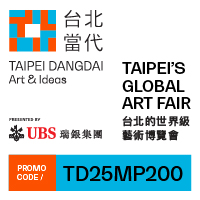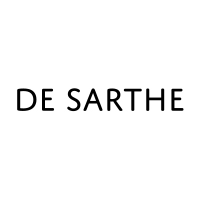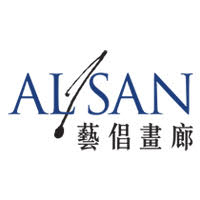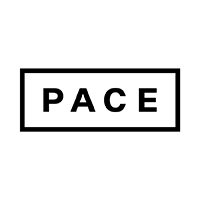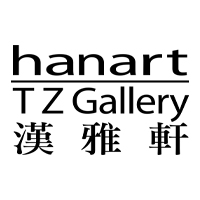Yana Peel Resigns as CEO of Serpentine Galleries
By Ysabelle Cheung

Former Serpentine Galleries CEO YANA PEEL (right) with Serpentine Galleries artistic director HANS ULRICH OBRIST (left). Photo by Kate Berry. Courtesy Serpentine Galleries, London.
Yana Peel has officially resigned from her position as CEO of London’s Serpentine Galleries, following a controversial exposé published by The Guardian that publicizes her position as co-owner of an Israeli cyberweapons corporation whose software has reportedly been used by authoritarian regimes to track and target dissidents.
The announcement was released by Serpentine Galleries chairman, Michael Bloomberg, and its board on June 18, four days after The Guardian published the article, but gave no explanation as to why Peel handed in her resignation. “It is with a mix of gratitude and regret that the Board of Trustees of the Serpentine Galleries has accepted the resignation of CEO Yana Peel,” the announcement began. It goes on to list the Serpentine Galleries’ achievements under her tenure, including utilizing her connections with the Hong Kong and Beijing arts scenes. “Yana leaves the Serpentine Galleries deeply grounded in its mission to provide both established and emerging artists with a dynamic platform to showcase their work, and well-positioned to thrive. While we have every confidence in the Serpentine’s ability to continue to serve artists, visitors, and supporters in the future, she will be sorely missed. The arts sector will be poorer without her immeasurable contributions to our cultural lives.”
In a statement sent to the press, Peel herself said that she felt the institution should not be “undermined by misguided personal attacks on me and my family” and that “these attacks are based upon inaccurate media reports now subject to legal complaints.”
As The Guardian revealed, Peel is the co-owner of NSO Group, with a one-third stake in the parent company, London-based private equity firm Novalpina Capital, co-founded by her husband, Stephen Peel. NSO is currently in the middle of several legal cases and has been on the radar of various human-rights groups for its alleged complicity in dissident spying and crackdowns in authoritarian countries such as Saudi Arabia. In response, Peel said to The Guardian that she has “no involvement in the operations or decisions of Novalpina, which is managed by my husband, Stephen Peel, and his partners.”
Peel, who is also on the advisory board of Hong Kong nonprofits Para Site and Asia Art Archive, and Tate International Council, has been a figurehead and spokesperson for many activist and dissident causes and organizations, including Index on Censorship’s Freedom of Expression Awards, of which she was a judge in 2018. She is co-founder of Intelligence Squared Asia, which has hosted debates in Hong Kong and Jaipur with controversial topics such as “Society Has the Total Right to Know” and “Let the Bad Guys Be: Foreign Intervention Does More Harm than Good.” As the last word on her resignation, Peel said, in a strikingly similar tone to her earlier proclamations regarding freedom of speech: “The world of art is about free expression. But it is not about bullying and intimidation. I welcome debate and discussion about the realities of life in the digital age. There is a place for these debates, but they should be constructive, fair and factual—not based upon toxic personal attacks.”
As of June 19, Para Site and Asia Art Archive have not responded to ArtAsiaPacific's inquiries about Peel's future relationship with their organizations.
Ysabelle Cheung is the managing editor of ArtAsiaPacific.
To read more of ArtAsiaPacific’s articles, visit our Digital Library.
